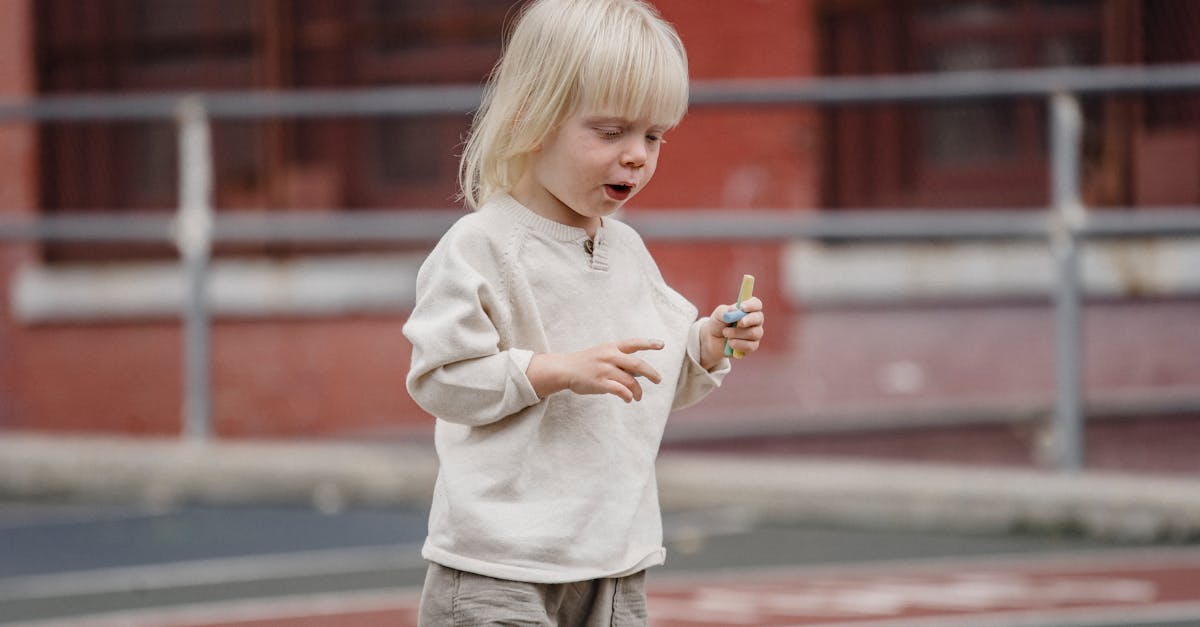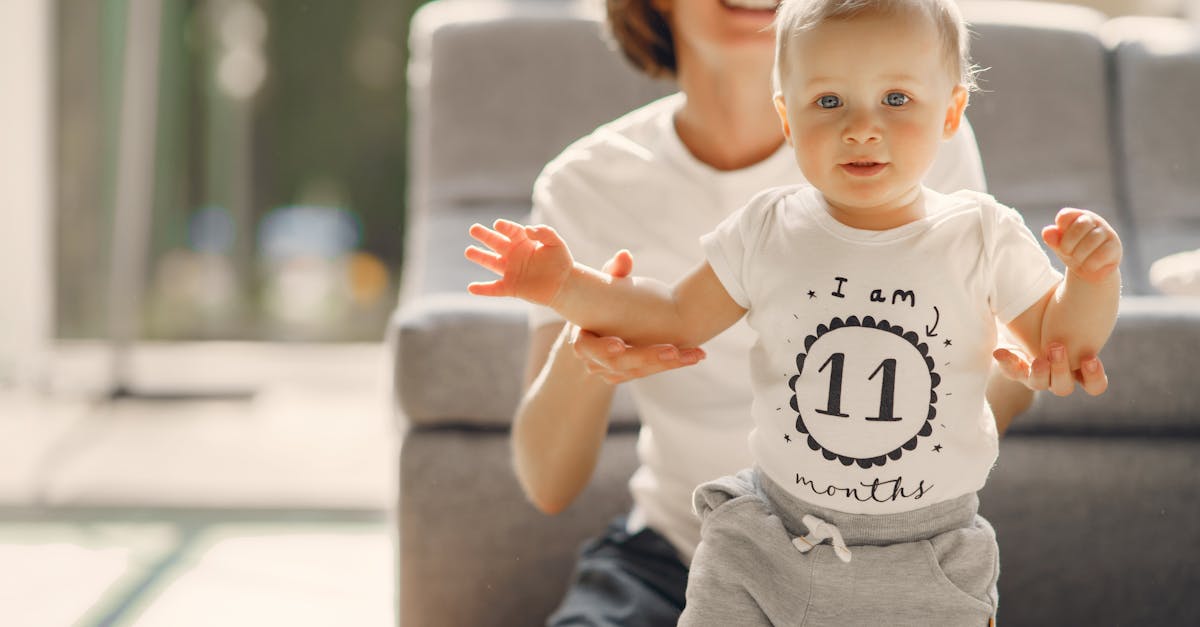Why Friends Matter in Faith Development
Friendship is a vital element in your child’s faith journey. Kids often look up to their friends, mimicking behaviors and beliefs. This peer influence is powerful, making friends a significant factor in your child’s faith development. Imagine your child discussing Sunday school with a friend or mimicking a friend’s prayer habits. Friendships can either strengthen or challenge your child’s faith, shaping beliefs about spirituality and community.

Friendships play a crucial role in shaping a child’s understanding of faith and spirituality. Encouraging positive friendships can provide support and guidance in navigating their beliefs and values. Parents and caregivers need to understand the impact friends have on their child’s faith development and nurture connections that align with their desired spiritual growth.
The Role of Peer Influence in Shaping Beliefs
Peer influence extends beyond habits and practices; it roots deeply in shaping faith and personal values. A friend who passionately attends church can inspire similar dedication in your child. Conversely, a friend dismissive of faith might lead your child to question their beliefs. Peer discussions often cover profound topics. These debates reinforce or challenge what your child learns at home. Thus, understanding peer influence on faith can help you guide your child’s spiritual path.

Fostering Positive Peer Interactions
Fostering positive peer interactions can be a game-changer. Encouraging friendships with children sharing similar faith values can provide mutual support. This doesn’t mean isolating your child from non-believing peers but rather striking a balance.
Organizing playdates or social activities with like-minded families can help. It’s like setting the scene for shared spiritual growth. These interactions can solidify your child’s beliefs and make faith a comfortable subject among friends.

Spotting Signs of Negative Peer Pressure
Negative peer pressure can challenge any parent’s patience. Subtle changes in your child’s behavior might indicate such influences. Look out for:
- Reluctance to participate in faith-based activities
- Sudden disrespect for spiritual practices
Remind your child that it’s okay to hold onto their beliefs, even if friends don’t share them. Share stories from your own childhood to make the conversation relatable and less intimidating.

Supporting Your Child Through Faith Challenges
Supporting your child through faith challenges requires patience and understanding. It’s essential to listen rather than preach when your child feels their faith wavering. Share your own experiences with doubt to reassure them.
Sometimes, kids need to know they’re not alone in their struggles. A reassuring chat over a shared activity, like baking cookies, can do wonders. This approach creates bonding moments and reinforces the significance of faith in everyday life.

Encouraging Open Dialogue About Faith
Encouraging open dialogue about faith starts at home. Make discussing spirituality as routine as talking about school or hobbies. Ask your child how they feel about their faith and their friends’ influences. Create a safe space where they feel comfortable expressing doubts and beliefs. Use humor to lighten the mood. For instance, a light-hearted joke about a quirky church tradition can ease them into a more serious conversation about its meaning.

Encouraging an open dialogue about faith within the family can lead to meaningful conversations and a deeper understanding of each other’s beliefs.
